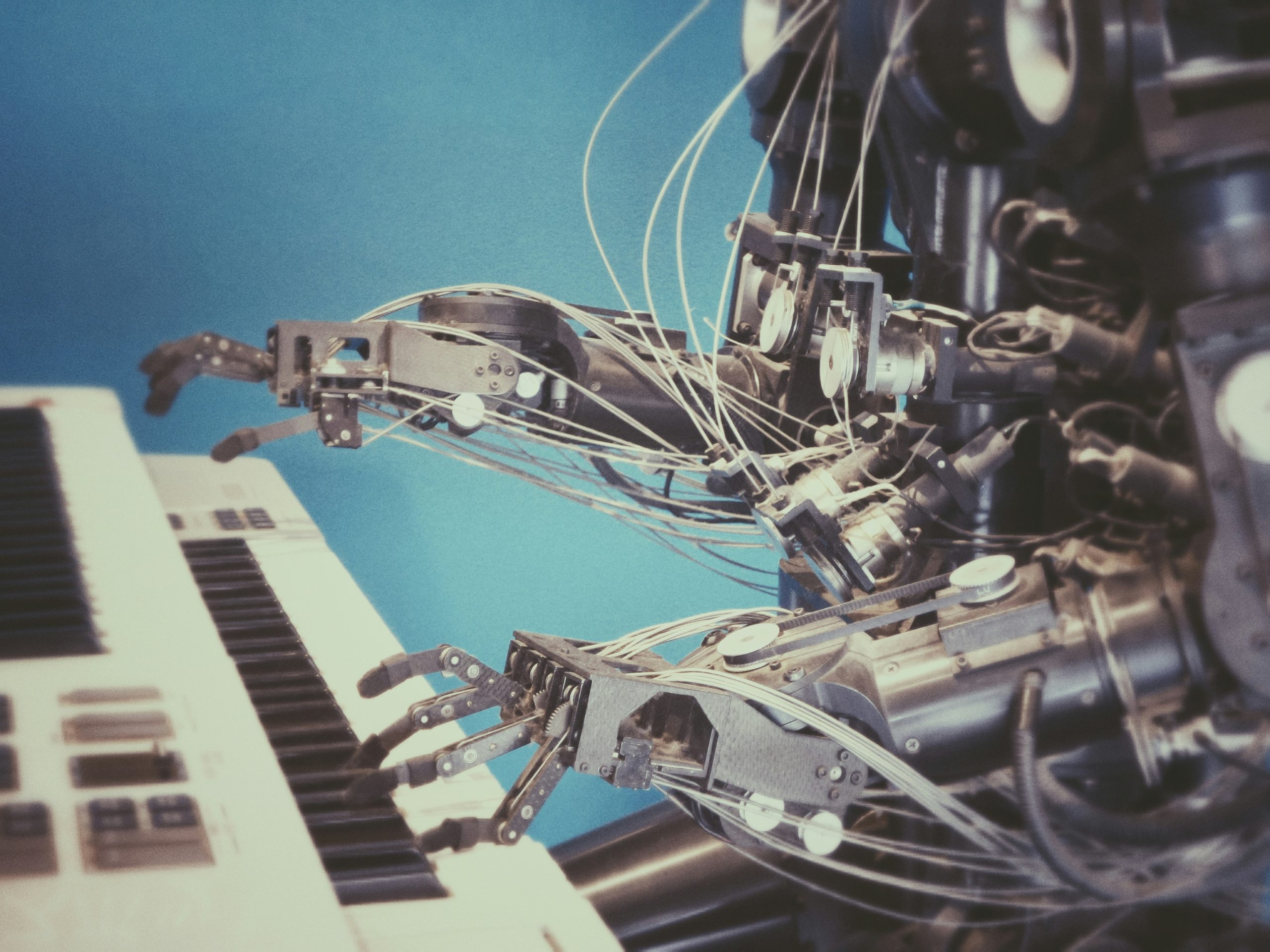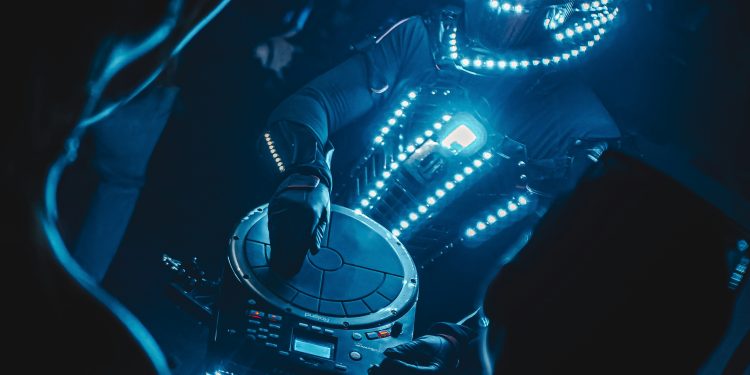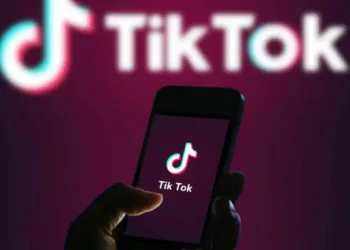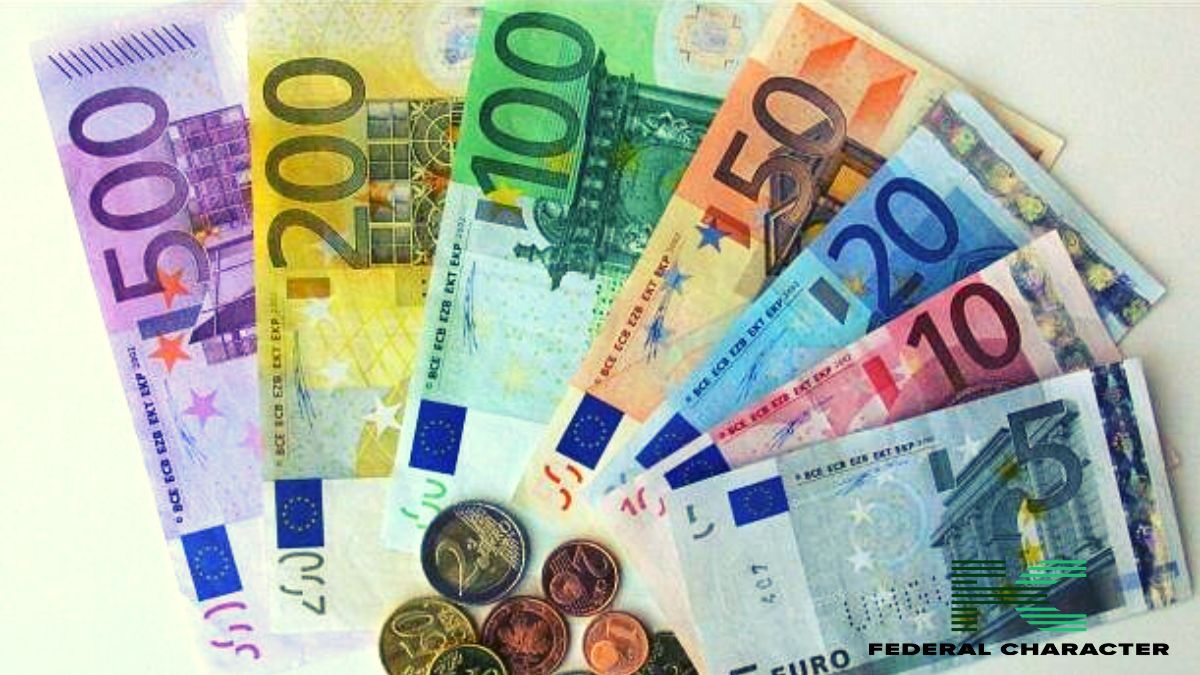An artificial intelligence has just beat out one of Japan’s most famous composers to win a fan vote. The mere fact that an AI-generated song, “Omoide Scroll,” won a fan vote against a track from the legendary Yasushi Akimoto is a big flag that something may have just shifted, monumentally in the Japanese music industry, especially since Japan has a culture of deeply rooting and acknowledging the bond between idol and creator.
This is a blaring wake-up call that the Japanese music industry can no longer dismiss AI as a fad.
The Soul vs. The Algorithm: A New Creative Reality
The true genius of the AI’s victory was in its modern, lite-techno sound. Akimoto’s song, in contrast, was a Motown pastiche. This outcome reveals that AI’s impact on music creation is designed to identify and execute what a broad audience wants. The Google Gemini software, had trained on vast datasets of Akimoto’s work, analyzed patterns and came up with a “maximum common denominator.” But Akimoto, the human creator, relied on his artistry and experience.

The difference here is that AI used data to give fans what they subconsciously craved. This is the new reality of the Japanese music industry. We’re no longer just talking and arguing AI’s ability to create art, but its ability to produce more commercially successful art than humans. The fact that Akimoto’s song, “Cécile,” was so quickly removed from YouTube is a balatant symbol of this new power dynamic.
How Can We Embrace This Change?
The rise of artificial intelligence in music isn’t a death sentence for human artists. The way I see it, this is an opportunity for human songwriters, composers, and producers to use AI as a tool to unlock new creative avenues.
But I’m order to do this, the industry should push for clear legal and ethical guidelines on AI-generated music, including transparent ownership and royalty structures. When an AI generates a hit song, who gets the credit and the compensation? The programmer? The data scientists? The original artists whose work was used for training? By establishing a framework, we can protect human creators while still embracing technology.

















